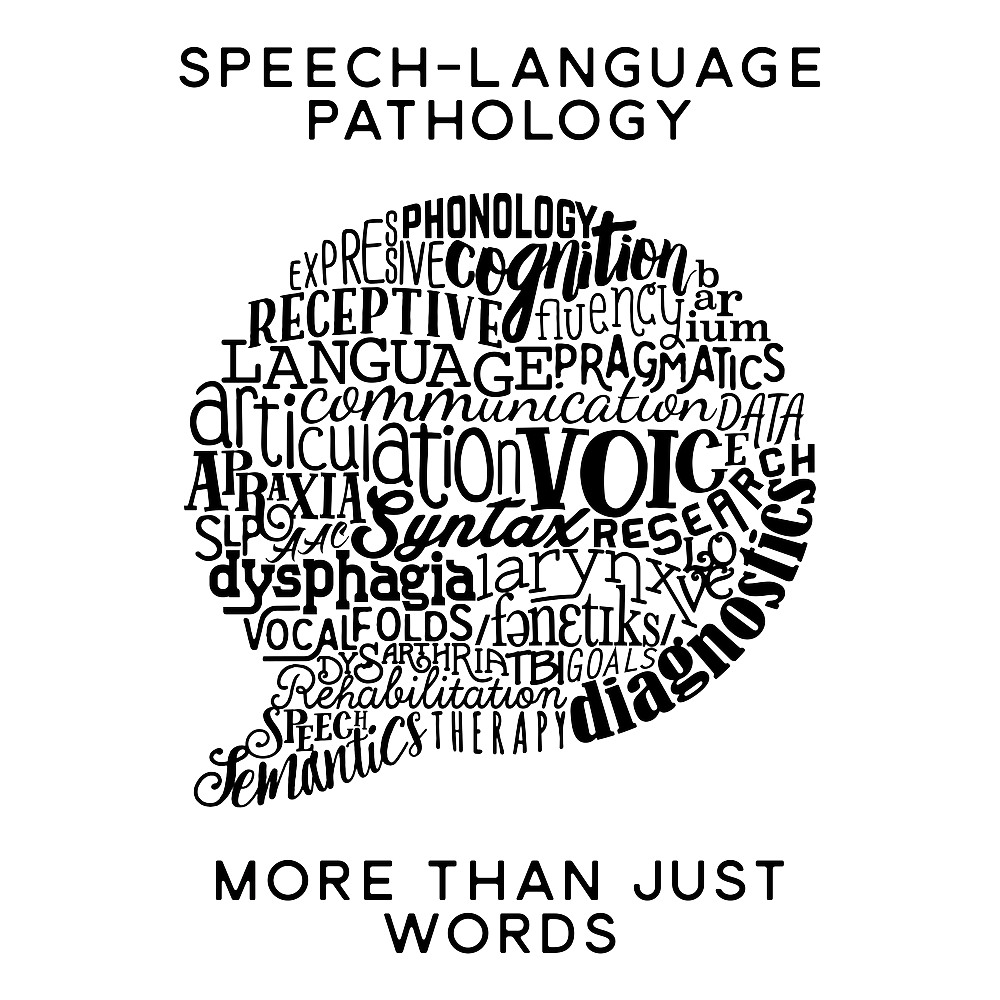Exactly How a Speech Pathologist Can Help Improve Communication Abilities
Reliable communication is a keystone of individual and professional success, yet many people face difficulties that prevent their ability to reveal themselves clearly. A speech pathologist is outfitted to address these barriers via targeted assessment and treatment strategies tailored to every individual's demands. By utilizing evidence-based healing techniques, they not only function to enhance speech and language disorders yet also enhance total communicative skills. Comprehending the multifaceted duty of a speech pathologist discloses exactly how their knowledge can transform lives, inviting a better evaluation of the particular techniques and outcomes linked with their technique.
Understanding Communication Disorders
Understanding communication problems is crucial for identifying how they impact individuals' ability to reveal themselves and engage with others. Communication conditions encompass a wide range of problems that impact speech, language, and social interaction, commonly hindering effective interaction. These disorders can occur from numerous elements, consisting of neurological problems, developmental delays, physical impairments, or mental issues.
Speech conditions might manifest as troubles in expression, fluency, or voice manufacturing, impacting just how words are obvious or talked. Language conditions, on the various other hand, include difficulties in understanding or making use of language, which can impede both non-verbal and verbal communication. Social interaction conditions are identified by troubles in the pragmatic elements of interaction, such as taking turns in conversation or understanding social signs.
The consequences of interaction conditions are profound, influencing not just the individual's capacity to communicate thoughts and emotions yet also their social connections, academic chances, and overall top quality of life. Recognition of these problems can promote empathy and support, encouraging effective approaches for interaction and engagement. Comprehending the complexities of interaction problems is an important step in the direction of advertising inclusivity and addressing the needs of those affected.
Duty of a Speech Pathologist
Speech pathologists frequently play a vital role in treating and diagnosing interaction problems, using a variety of evidence-based methods tailored per individual's demands. These experts function with people across the life-span, from children with speech hold-ups to adults recouping from strokes or stressful mind injuries. Their competence includes a selection of interaction concerns, including articulation, language, voice, and fluency conditions.
In restorative settings, speech pathologists make use of organized treatments developed to enhance interaction abilities. They might apply strategies such as speech exercises, language games, and social communication training to help with improvements in receptive and expressive language capabilities. Speech Pathologist. Furthermore, they educate clients and their families about reliable communication strategies and adaptive methods to browse daily interactions
Beyond direct treatment, speech pathologists work together with other medical care specialists, caregivers, and instructors to guarantee a detailed technique to treatment. They support for customers by providing resources and assistance, enabling individuals to attain their interaction goals and improve their general high quality of life. As experts in the field, speech pathologists are important in promoting effective communication, advertising self-reliance, and boosting social involvement for those with communication obstacles.
Evaluation and Medical Diagnosis Process
The analysis and diagnosis process carried out by speech pathologists usually entails a comprehensive assessment to identify communication problems precisely. This procedure begins with a comprehensive medical history, where the clinician collects important info concerning the individual's medical, instructional, and developing background. Comprehending the context of the person's interaction problems is important for a precise diagnosis.
Complying with the medical history, speech pathologists make use of standard tests and casual assessments to evaluate different elements of interaction, including speech noise production, language comprehension, expressive language, and social interaction abilities. These analyses are customized to the individual's age and specific issues, offering beneficial data for evaluation.
Monitoring is additionally a crucial component of the assessment process, as it permits the medical professional to see firsthand how the specific communicates in natural setups. In addition, meetings with member of the family and teachers can give understanding into the person's communication obstacles throughout various settings.
As soon as the evaluation is complete, the speech pathologist synthesizes the findings to establish a diagnosis and advise suitable treatments. This extensive evaluation process ensures that individuals get targeted assistance tailored to their unique communication needs, laying the foundation for reliable therapeutic techniques.
Therapeutic Strategies and Strategies
Many therapeutic techniques and methods are employed by speech pathologists to attend to a range of interaction problems efficiently. One extensively used approach is articulation treatment, which focuses on fixing speech seems via repeating and visual signs. This method is specifically beneficial for individuals with speech audio problems.
Another effective method is language intervention, which improves both receptive and expressive language abilities. This may entail interactive tasks that advertise vocabulary growth, syntax understanding, and conversational abilities. In addition, speech pathologists frequently make use of social skills educating to additional reading enhance pragmatic language capabilities, allowing individuals to navigate social interactions extra effectively.
Fluency shaping and stuttering alteration techniques are particularly designed to help those experiencing fluency disorders. These methods assist clients create smoother speech patterns and handle the physical and emotional components of stuttering.
Furthermore, different and augmentative communication (AAC) systems are utilized look here for people with serious communication disabilities. These systems, which can include motions, icons, or digital tools, provide crucial support for effective communication.
Advantages of Speech Treatment

In addition, speech treatment can assist in developing vital listening and understanding abilities, promoting far better interaction in conversations. Individuals with cognitive-communication disorders can likewise benefit, as therapy concentrates on reinforcing memory and problem-solving capacities, important for reliable communication.
An additional critical element is the psychological assistance supplied during therapy sessions. Speech pathologists create a risk-free setting, encouraging people to get rid of anxiety and irritation pertaining to their communication issues. This assistance can lead to improved self-worth and general psychological health.
Furthermore, early intervention with speech therapy can prevent more complications, making sure that people reach their full communicative capacity. Generally, the advantages of speech treatment prolong past mere speech improvement, positively influencing various measurements of life for those influenced by interaction problems.
Verdict
In recap, speech pathologists play an important function in resolving interaction conditions via evaluation, medical diagnosis, and tailored healing treatments. By utilizing evidence-based strategies, these professionals improve people' speech and language capacities, cultivating improved clearness, fluency, and social communication skills. The advantages of early intervention highlight the value of seeking assistance from speech pathologists, as their know-how can dramatically boost communicative potential, ultimately leading to better success in both individual and specialist rounds.

Speech pathologists frequently play an important function in identifying and treating interaction disorders, utilizing an array of evidence-based techniques customized to each individual's requirements. As experts in the area, speech pathologists are important in fostering effective interaction, promoting freedom, and improving social participation for those with communication difficulties.
